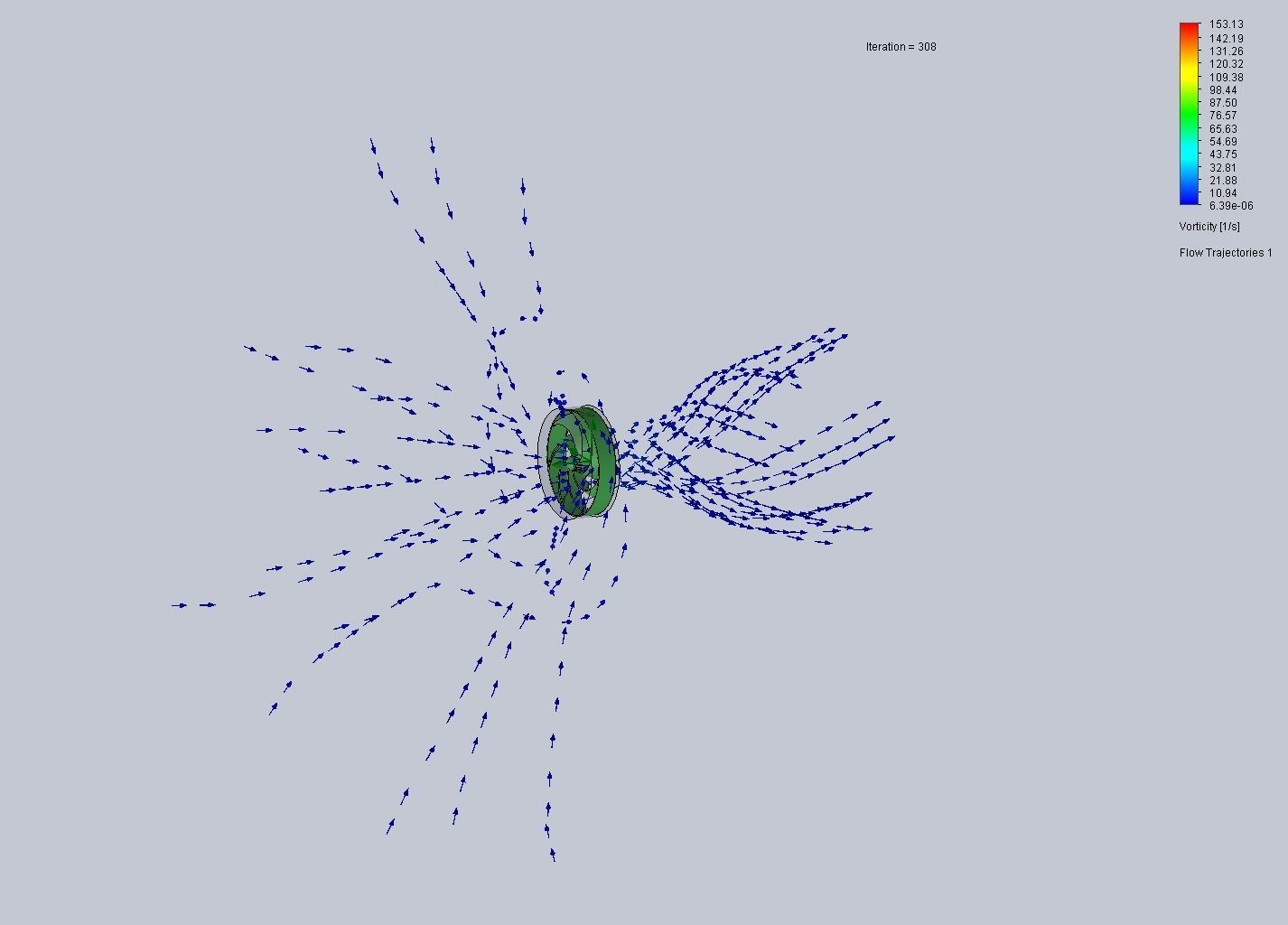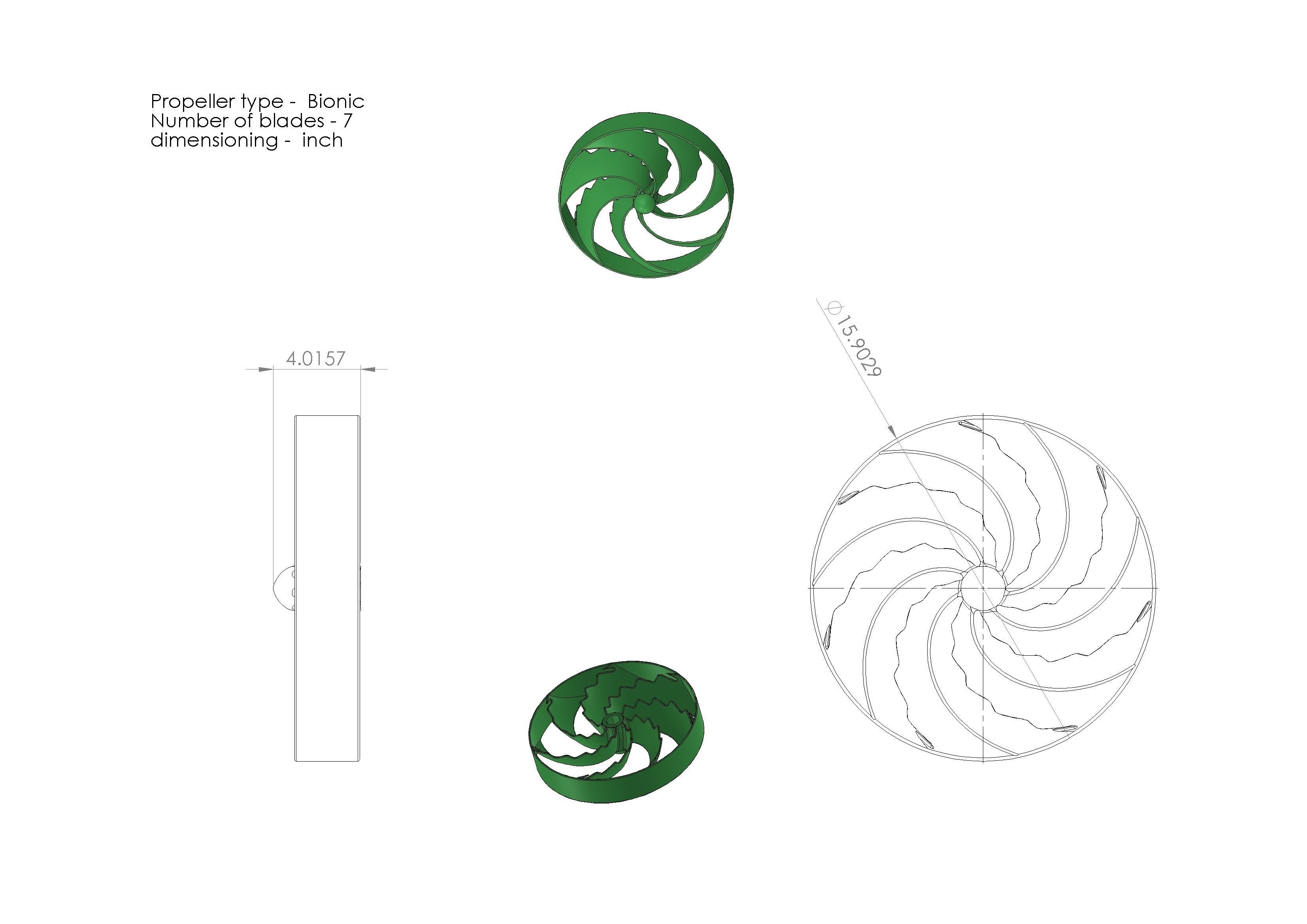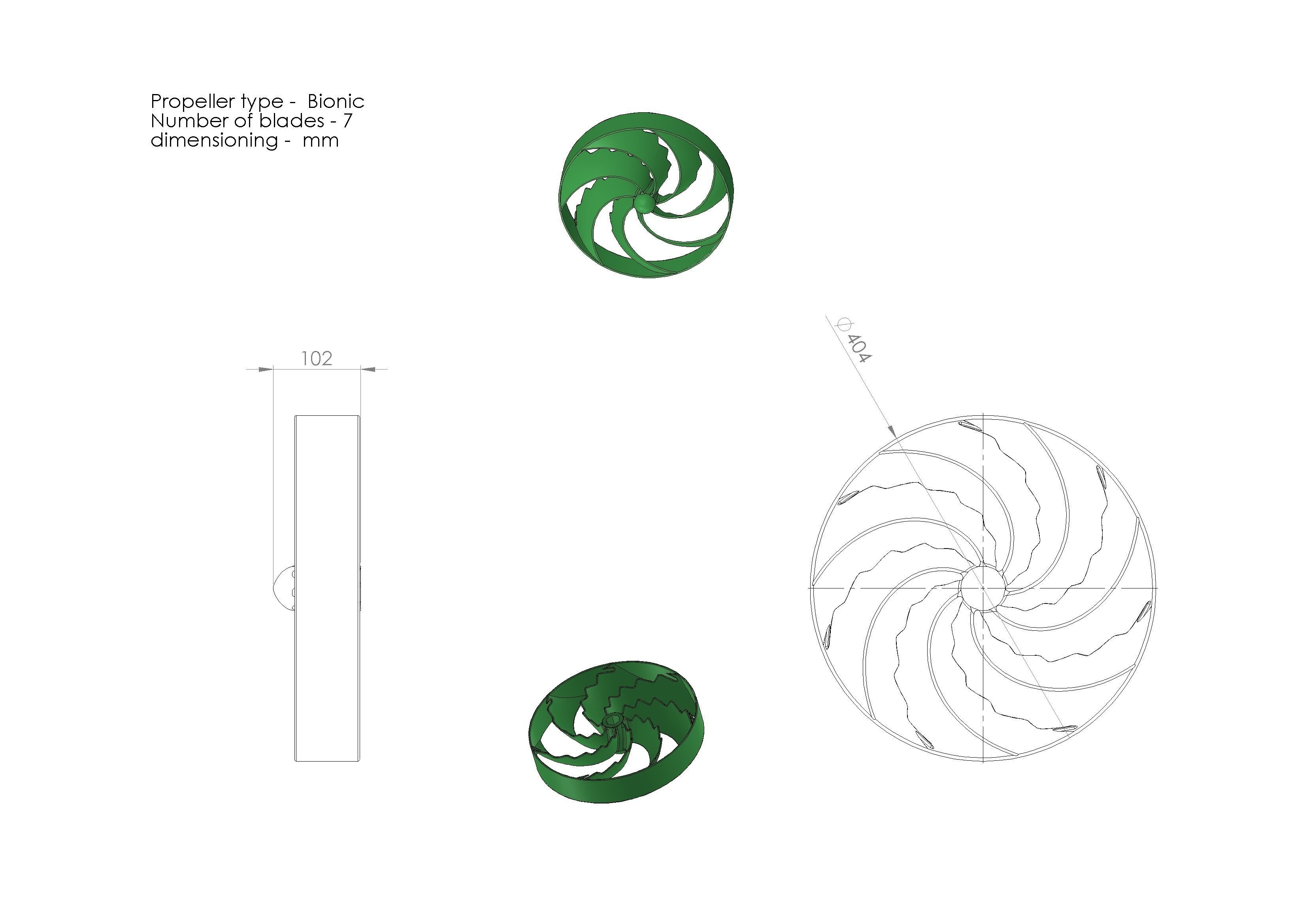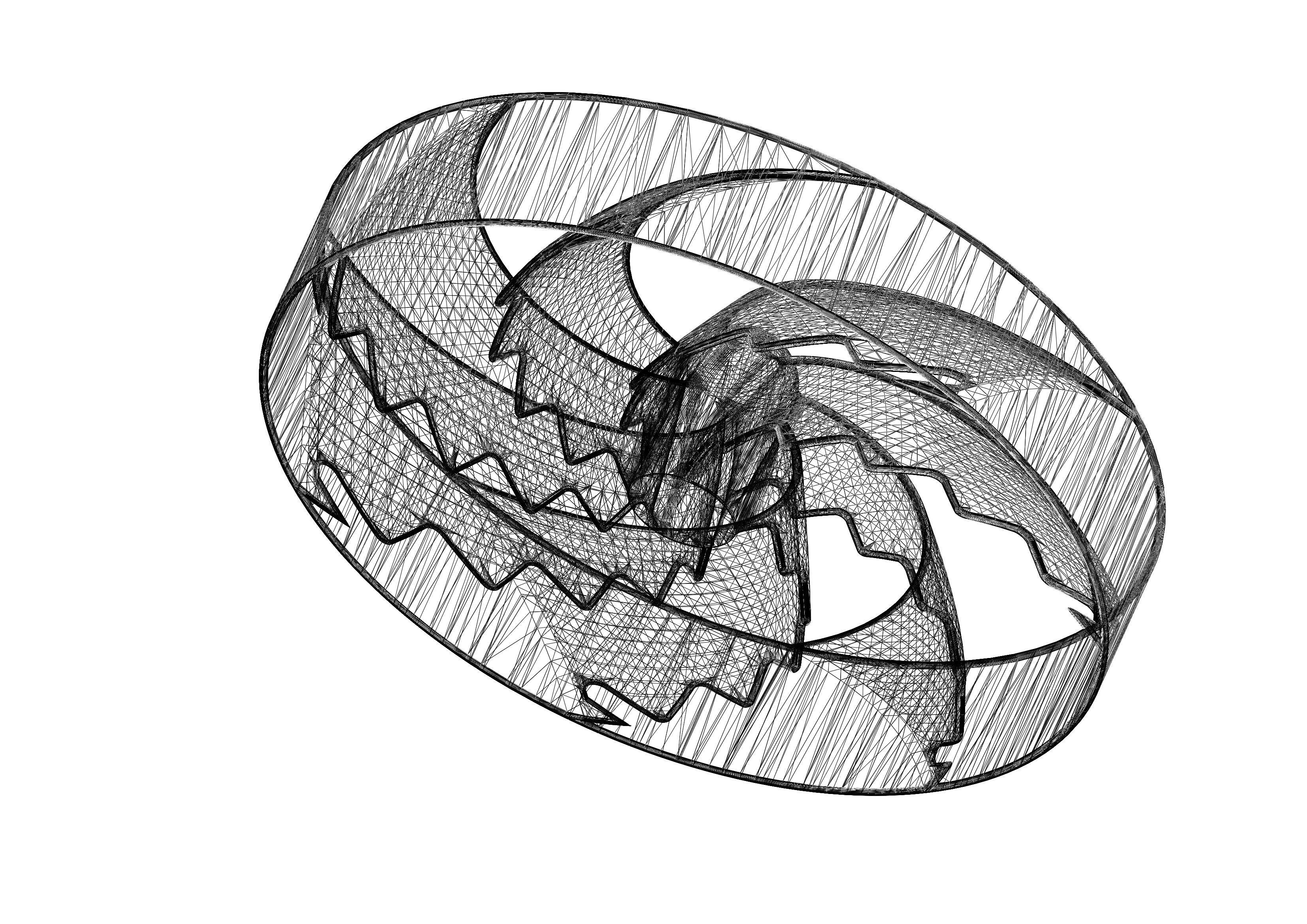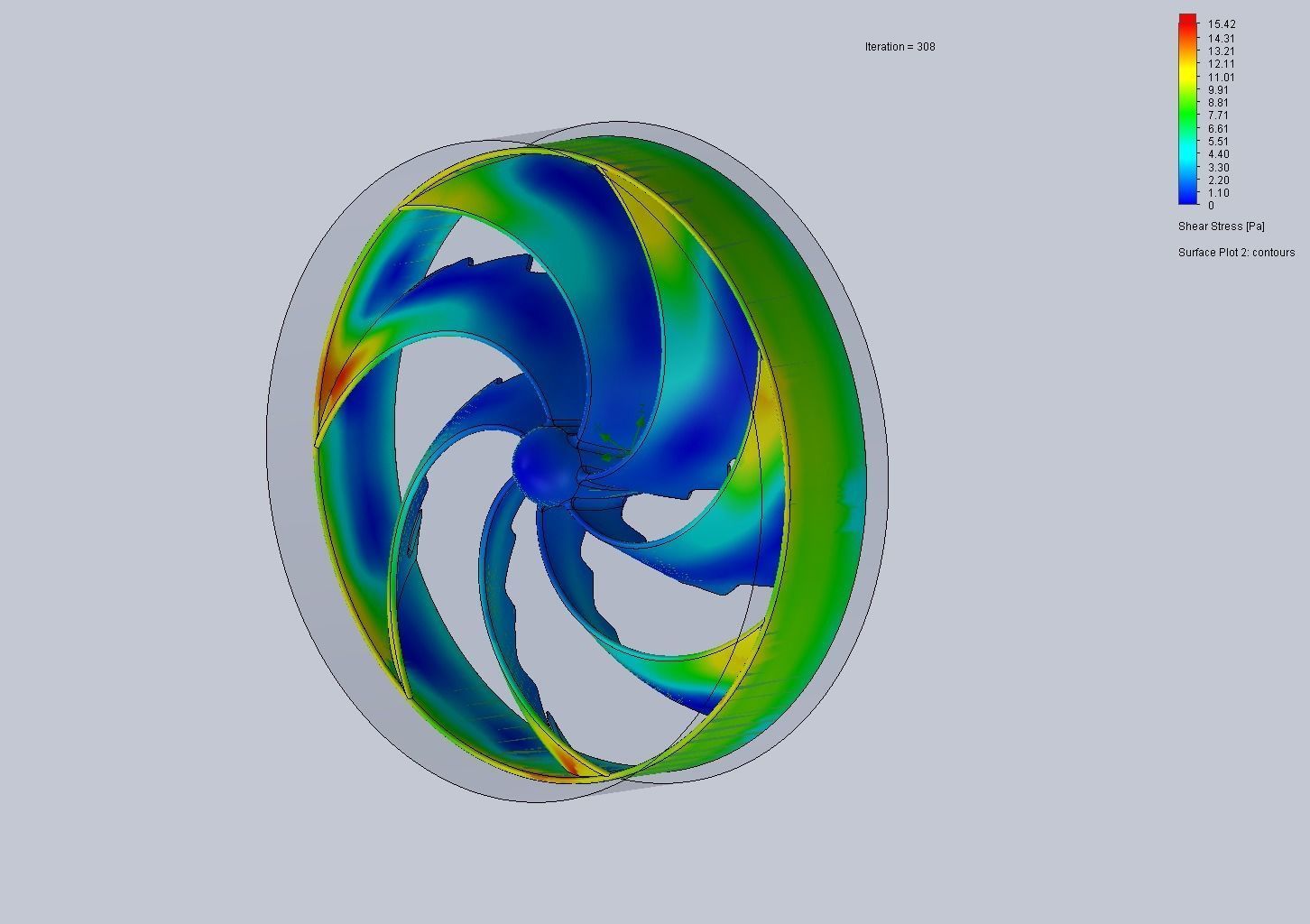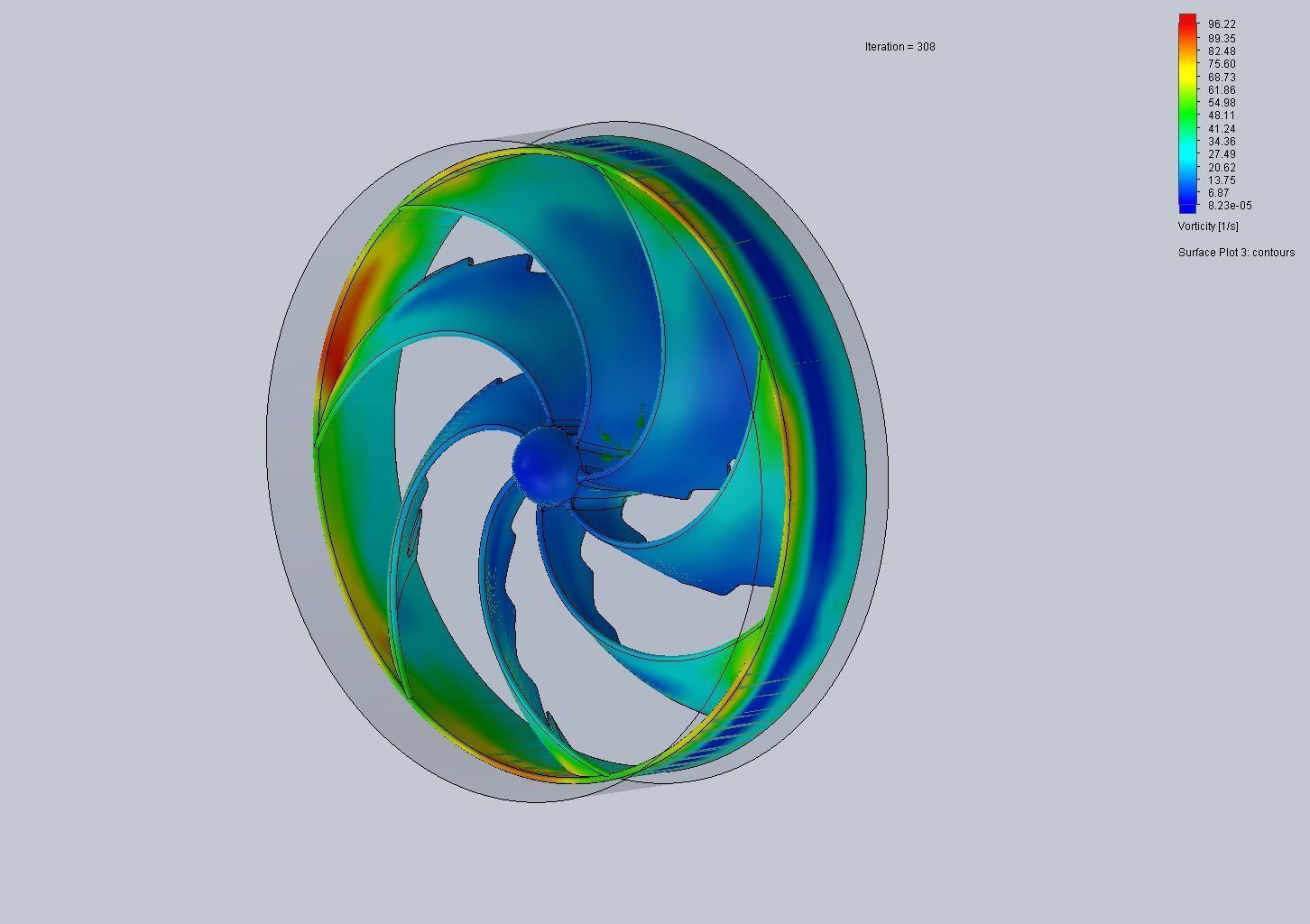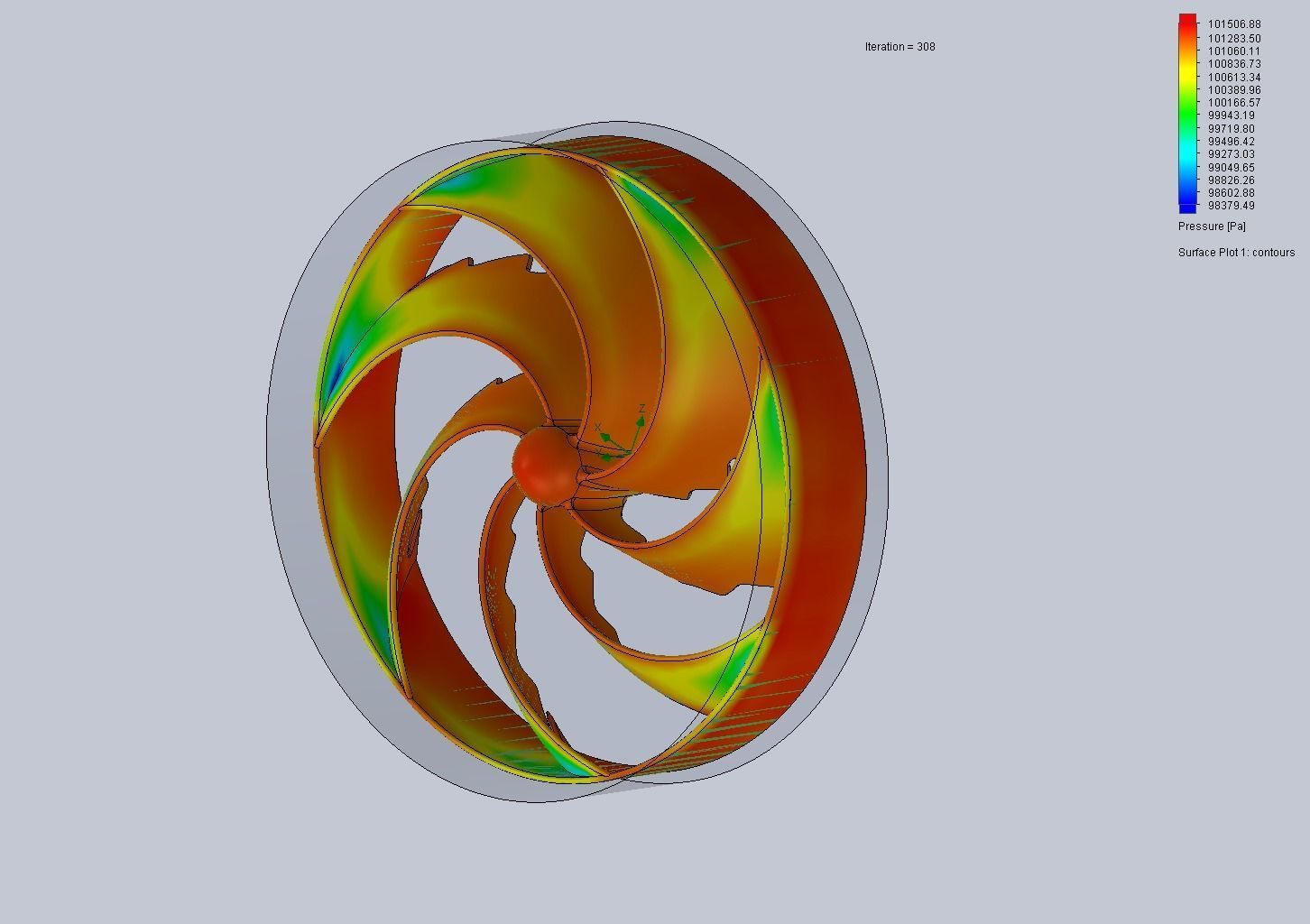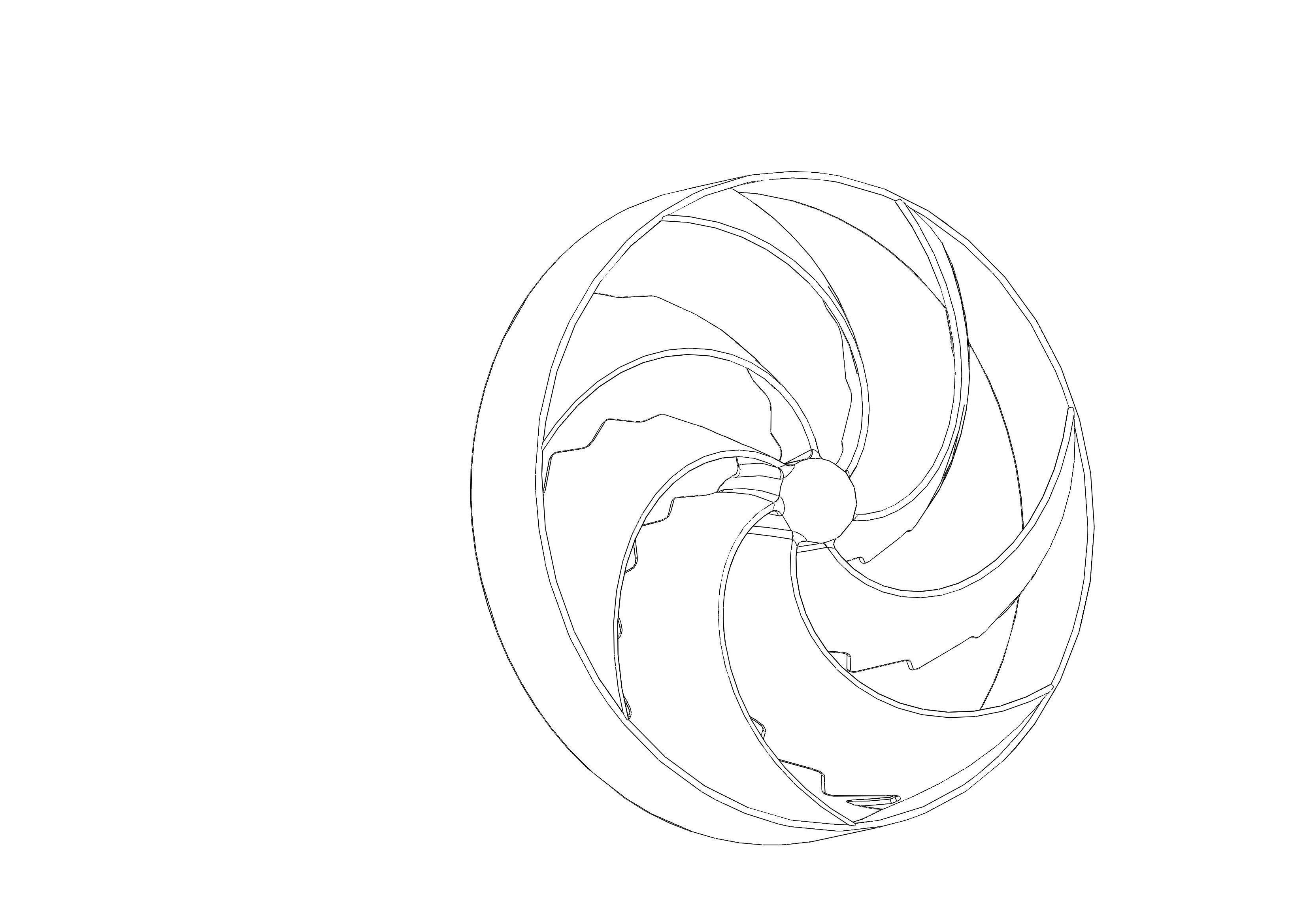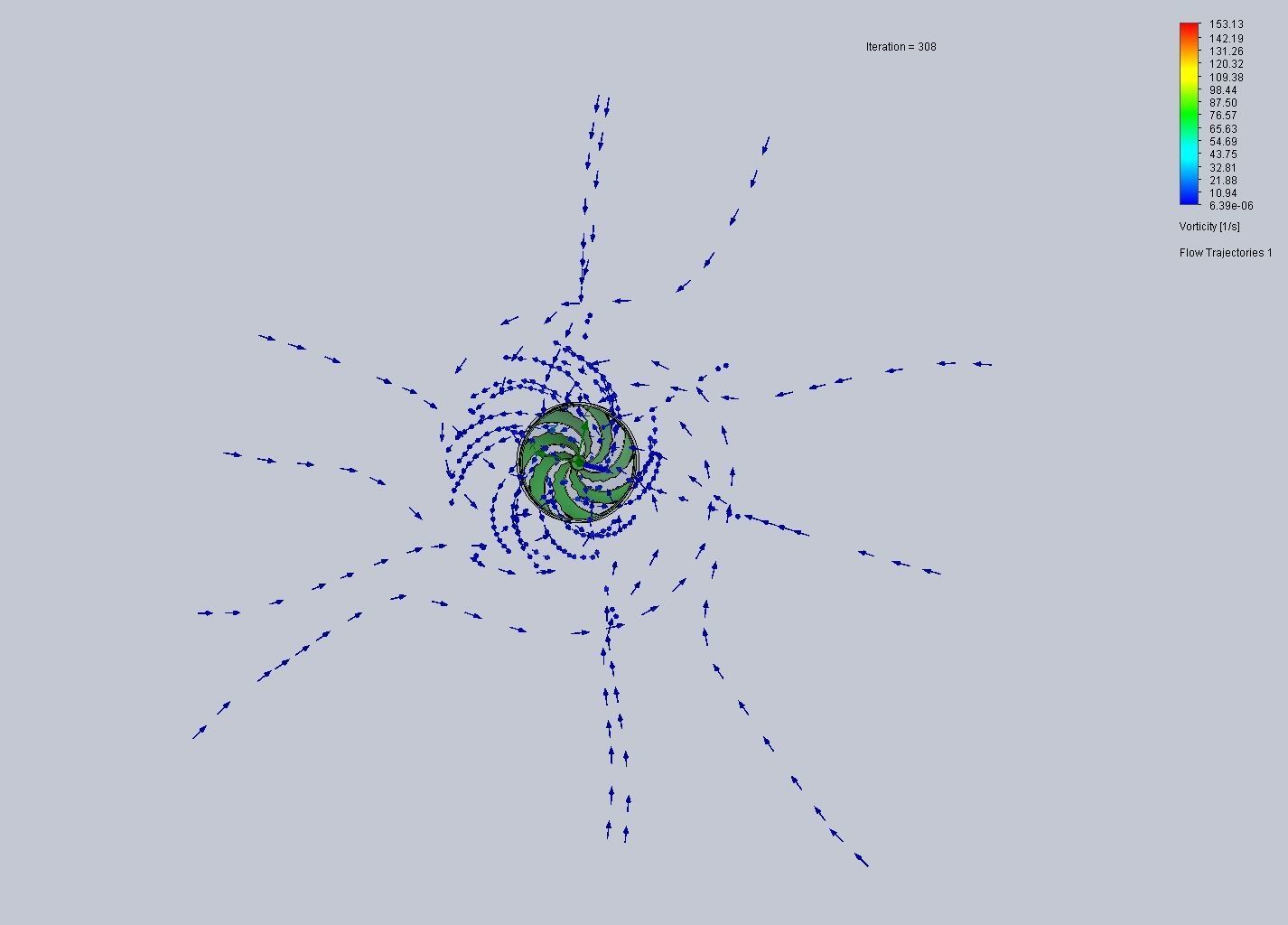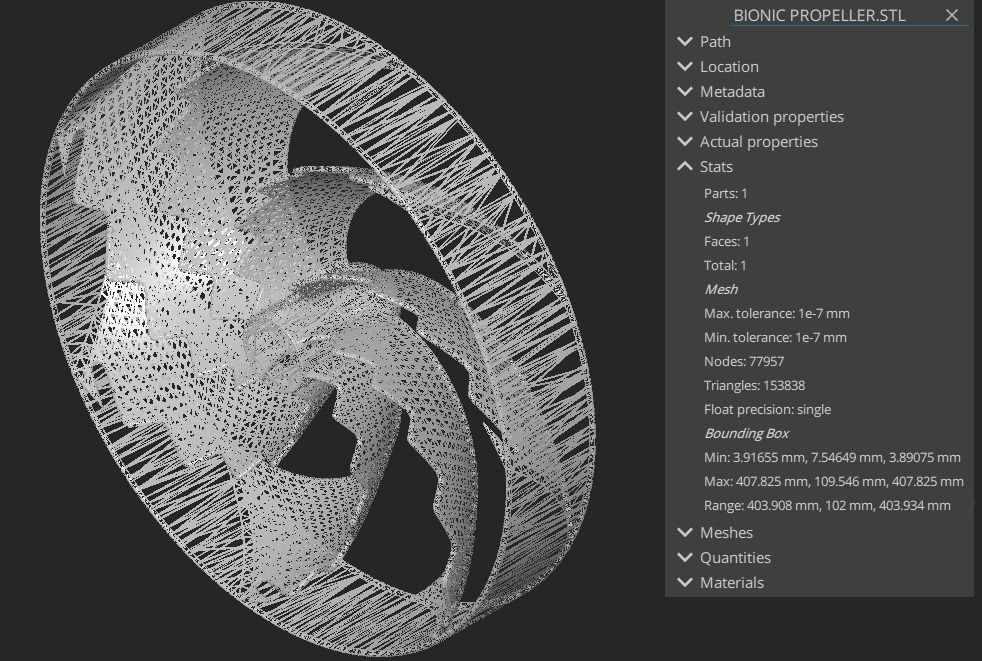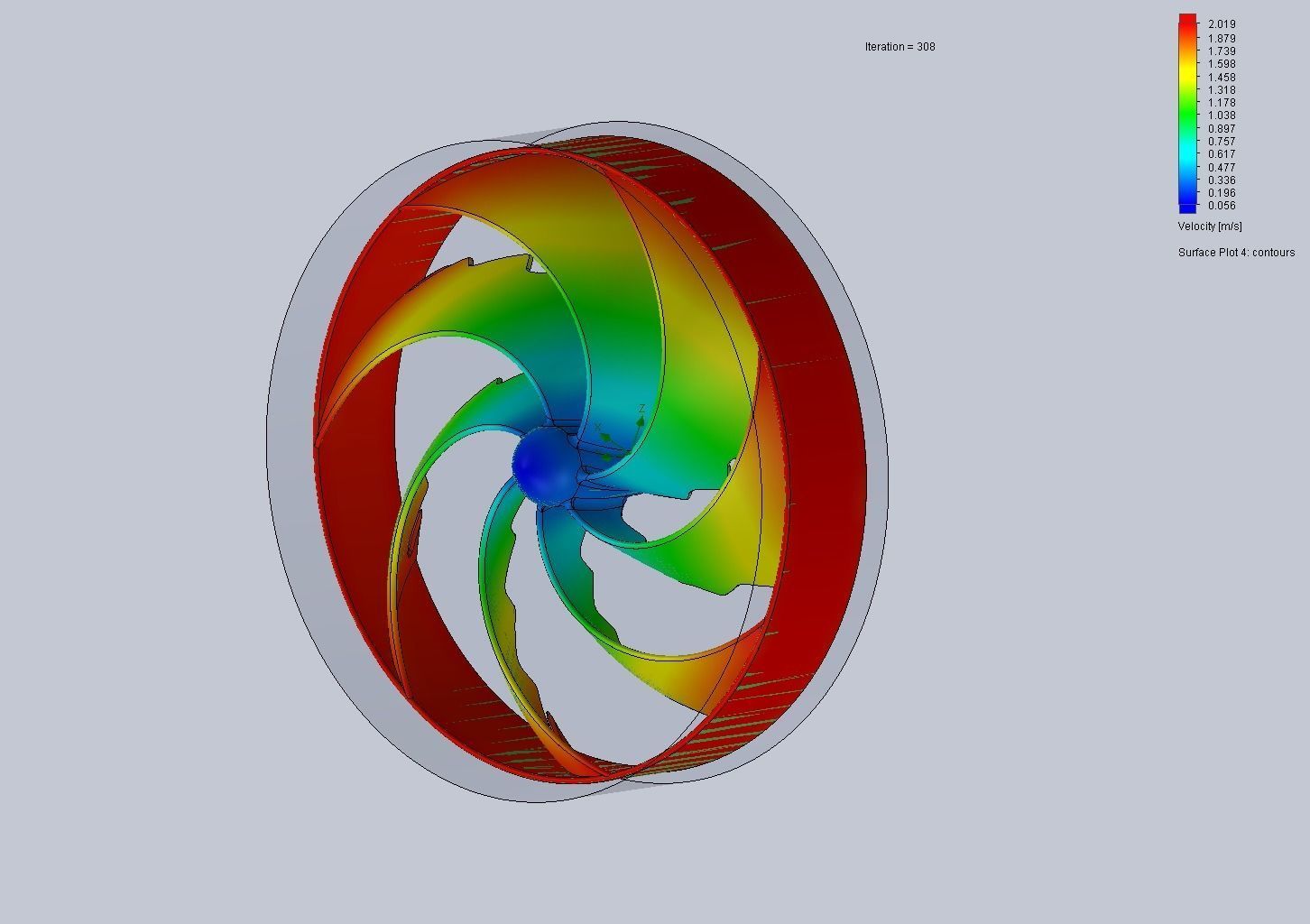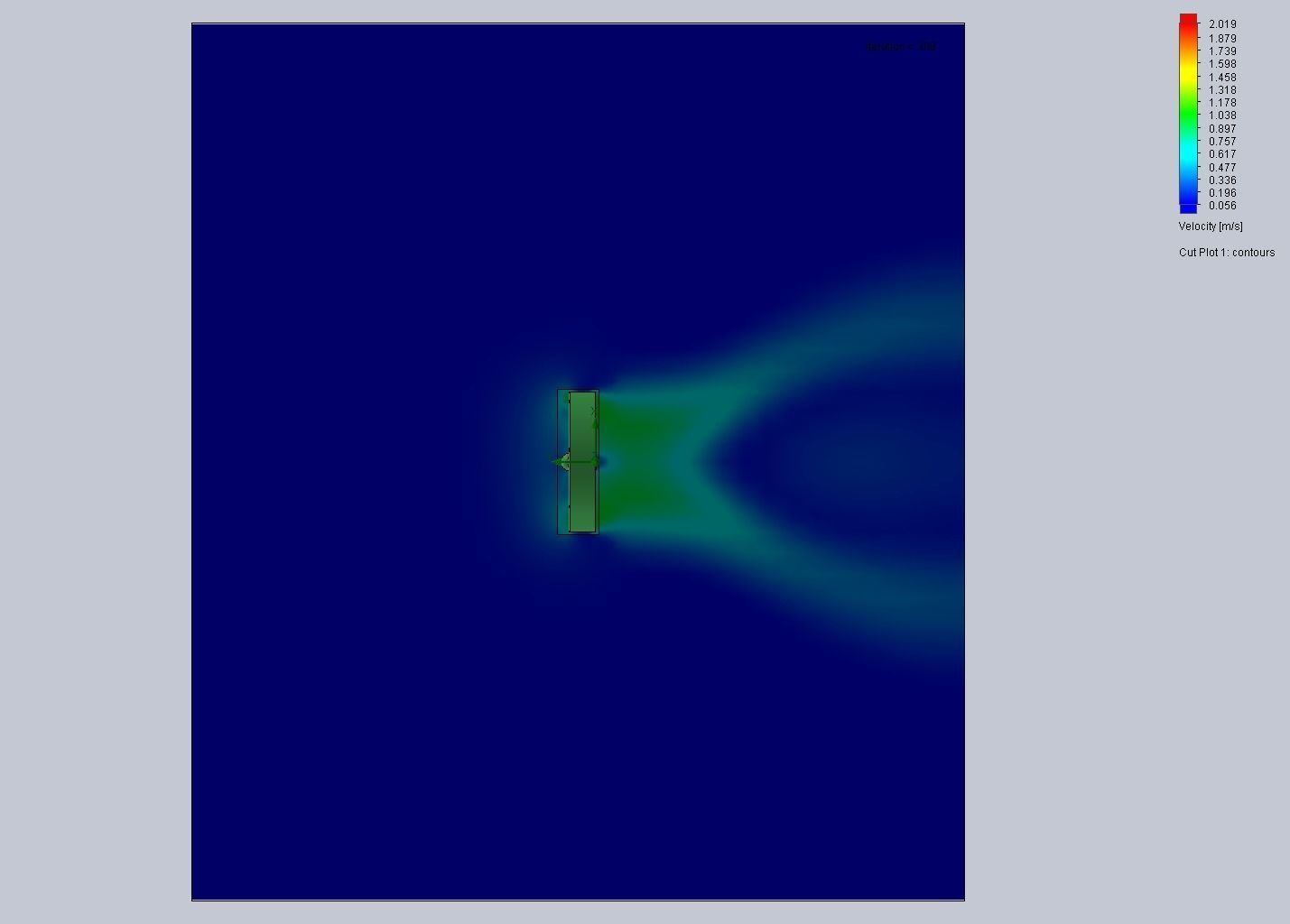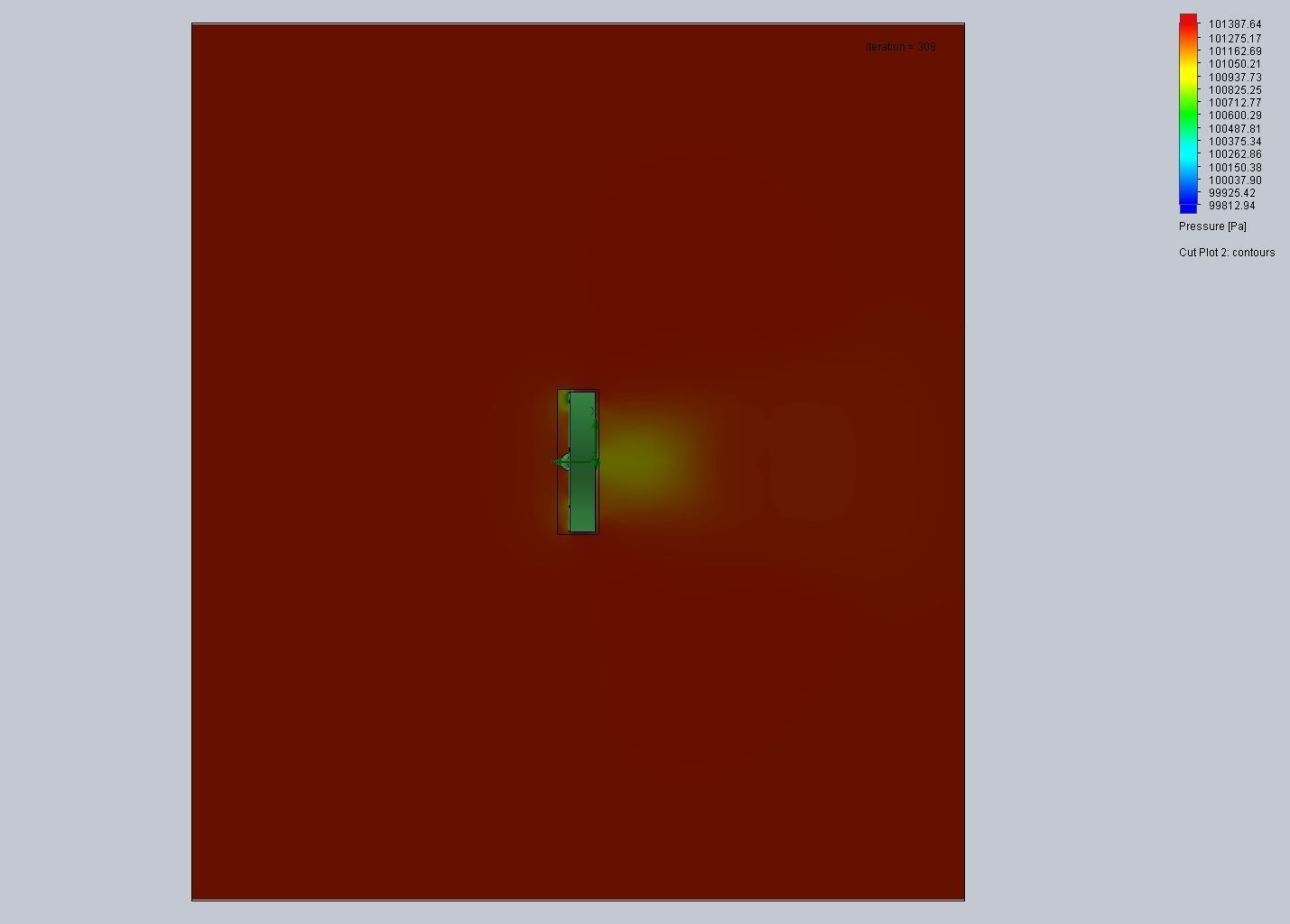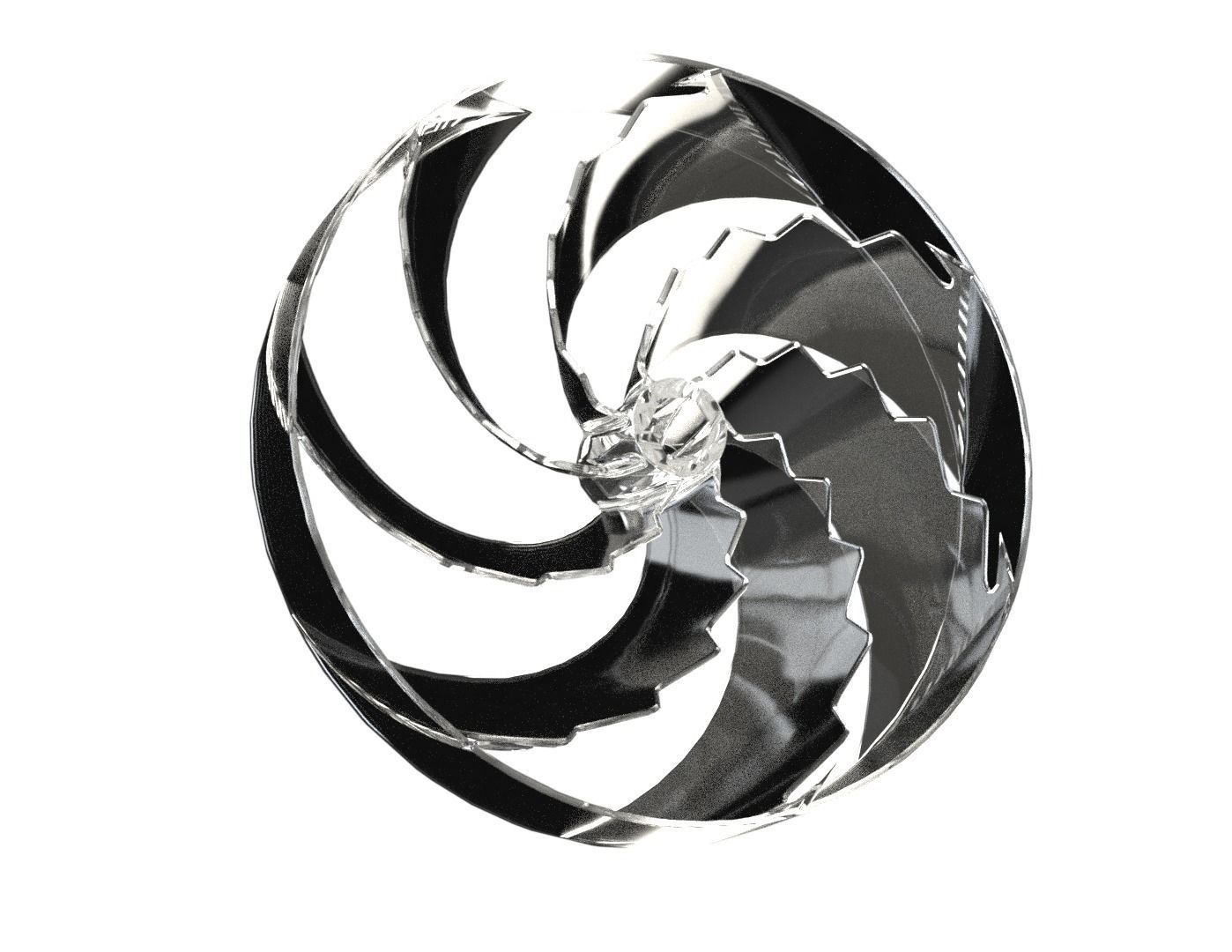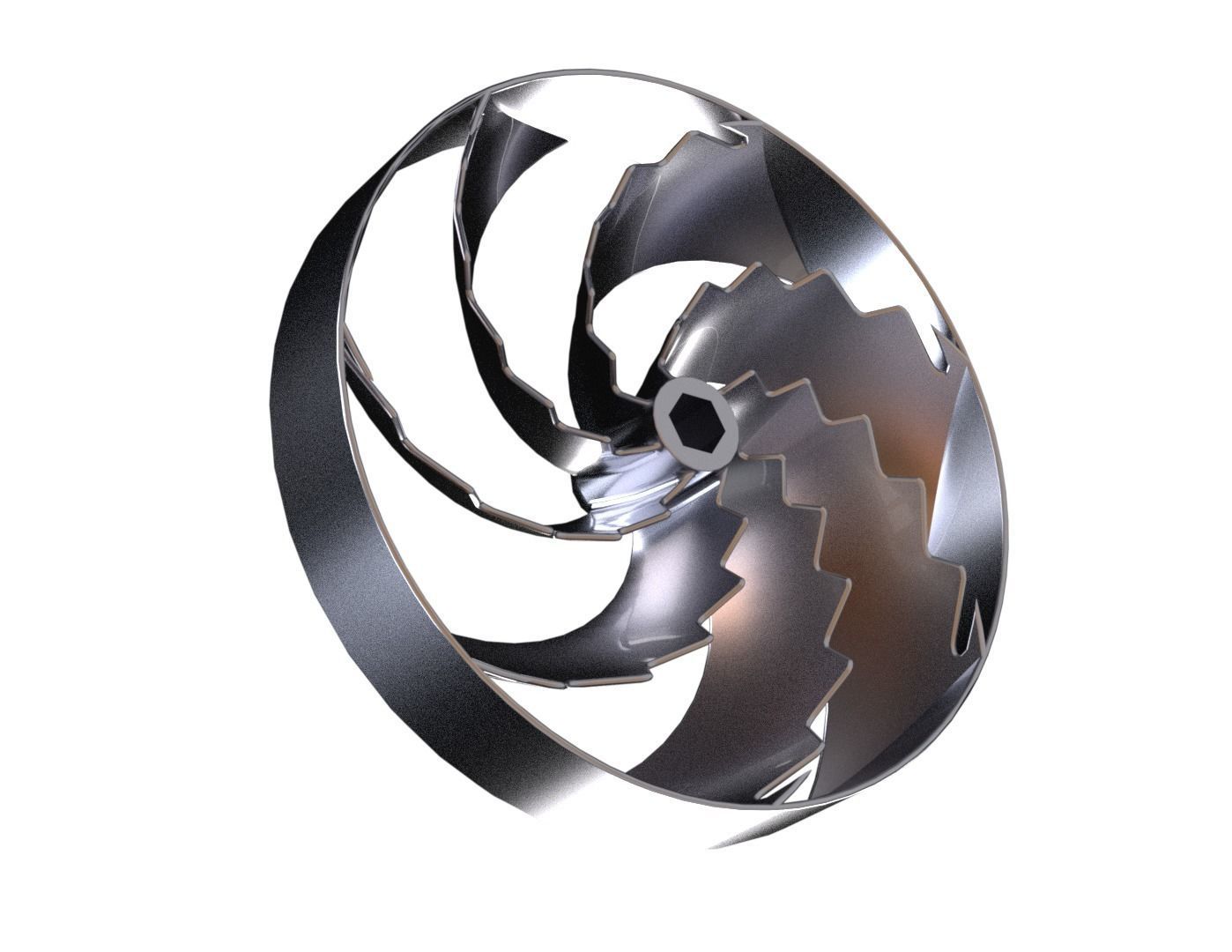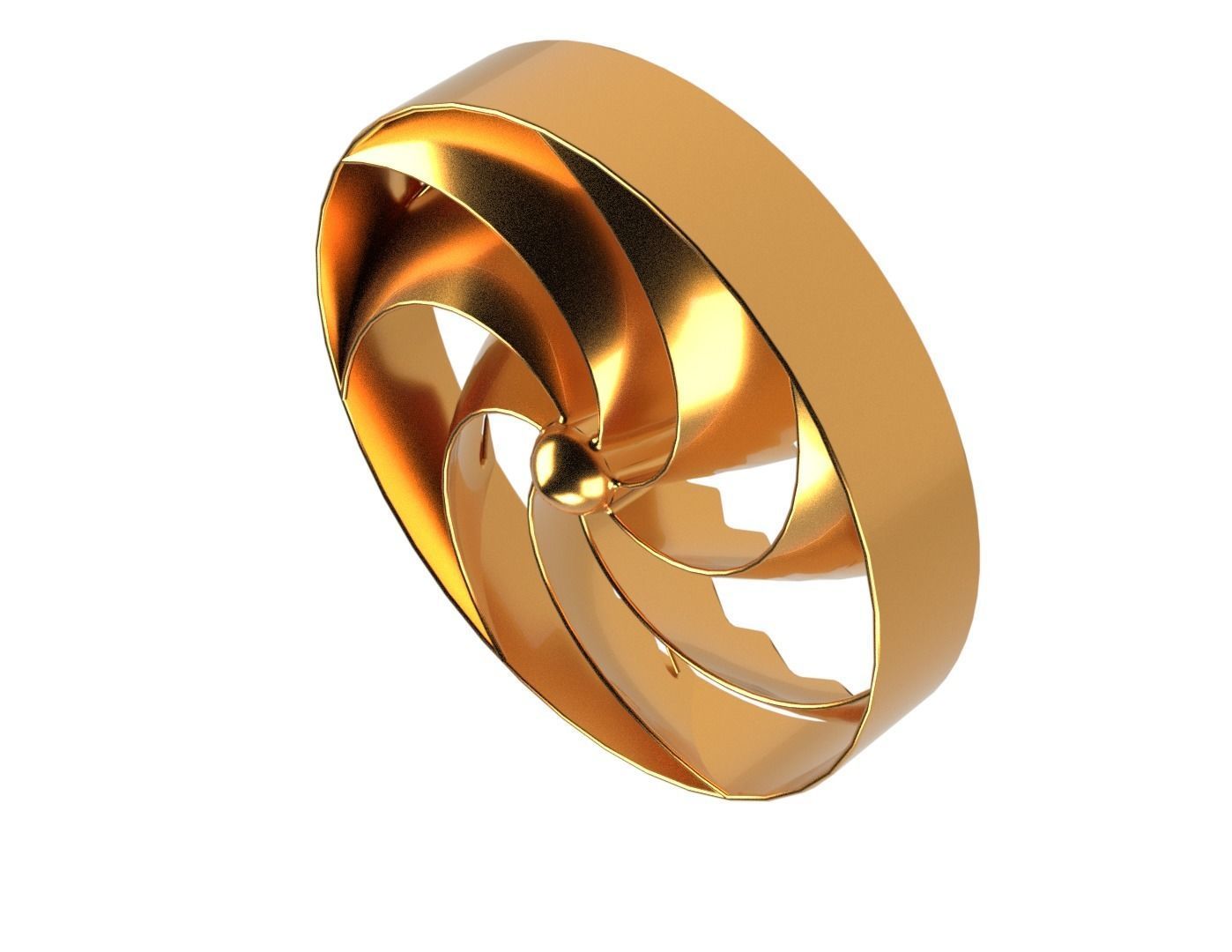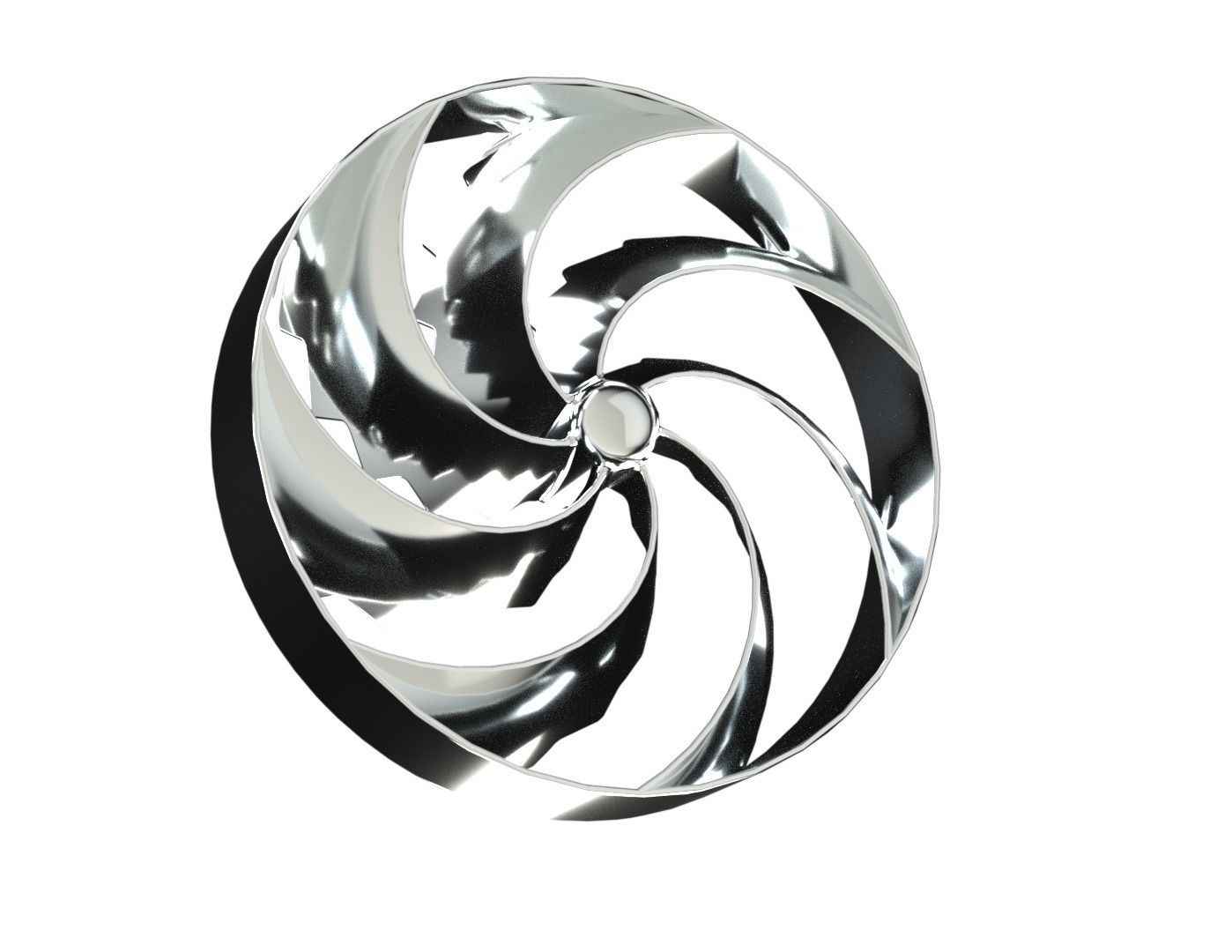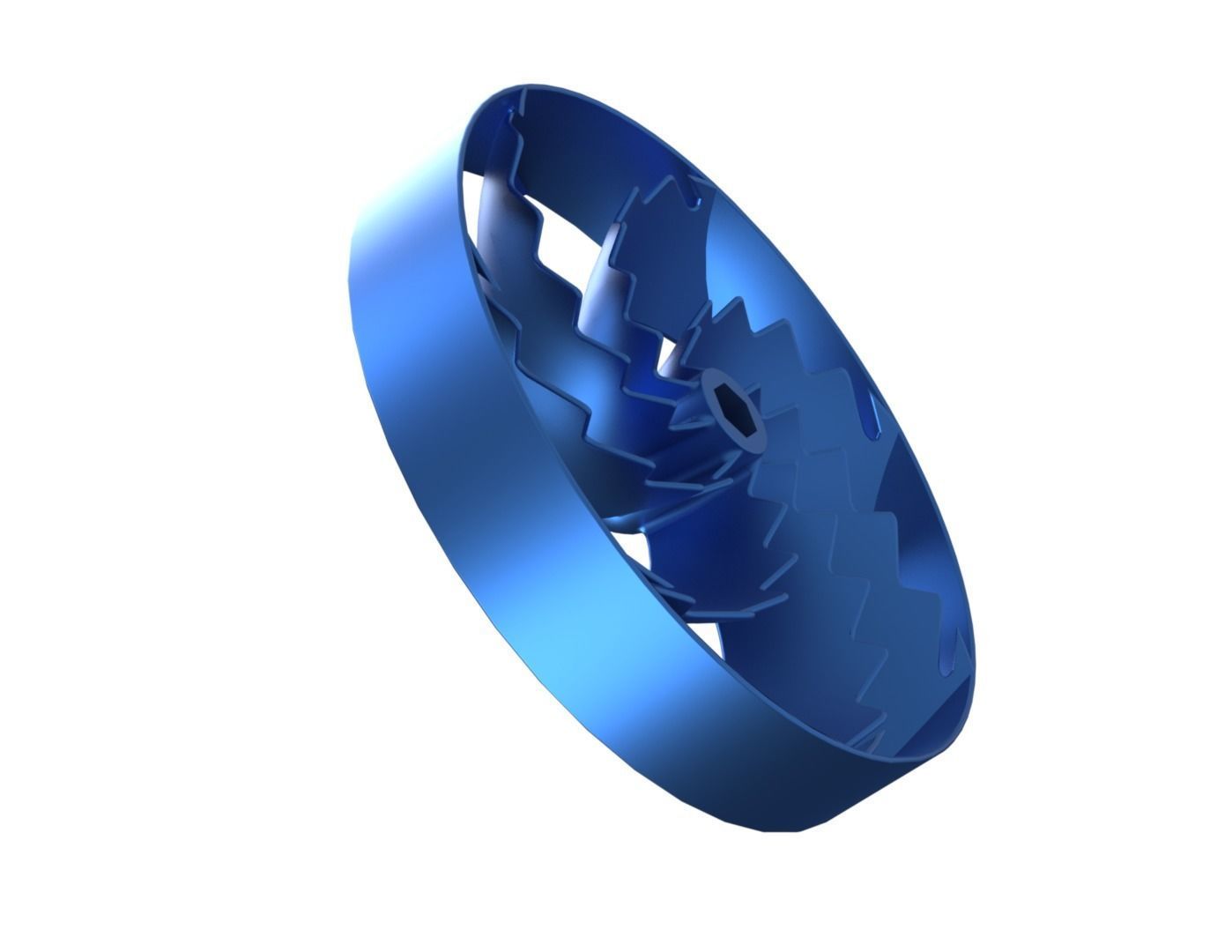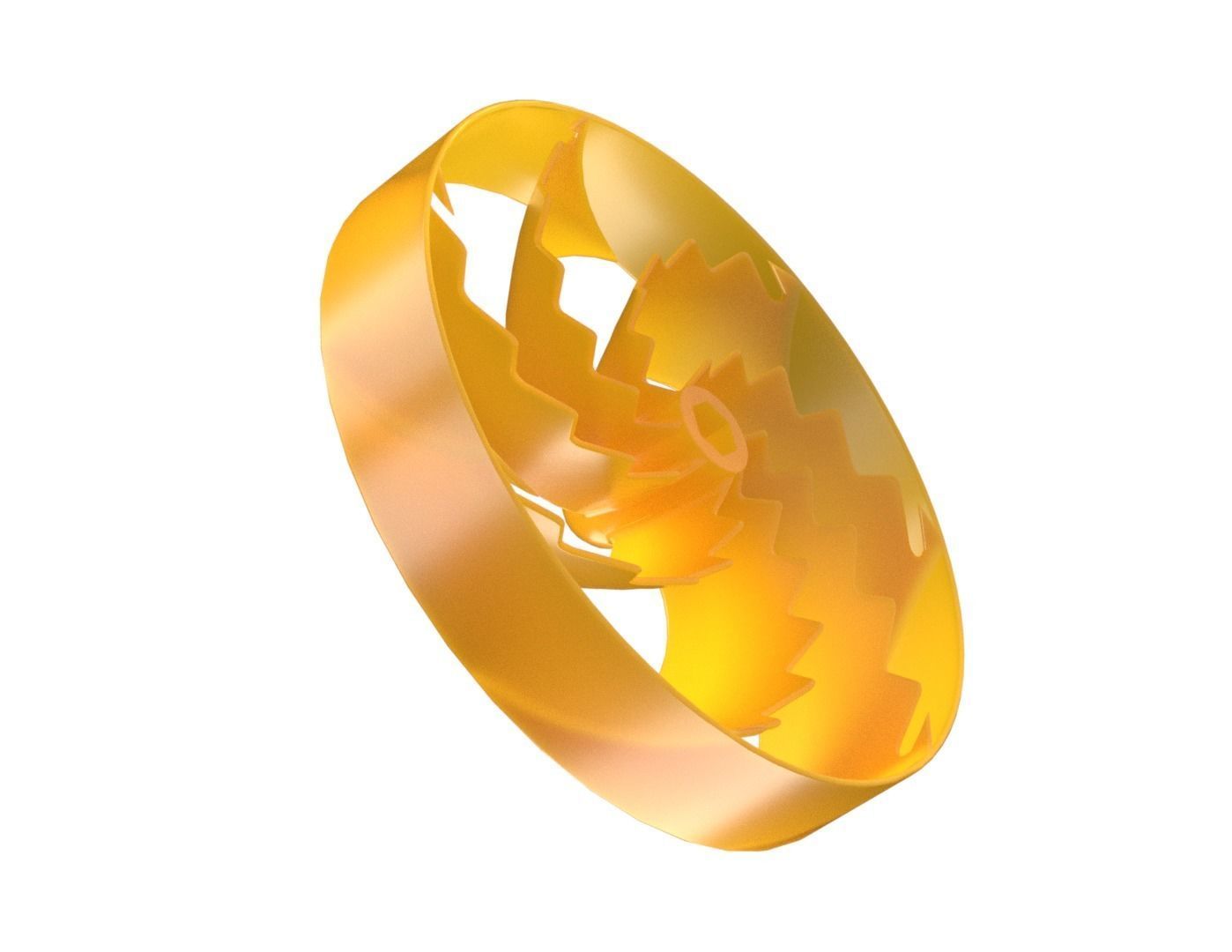
Bionic propeller for Submarines Yachts and Ships 3D print model
Bionic Propeller: Nature-Inspired Design for a More Efficient and Sustainable Future
The bionic propeller is a groundbreaking technology inspired by the natural world to design more efficient and eco-friendly propellers for ships and other vessels.
Drawing Inspiration from Nature:
Their design is based on the movements and characteristics of fins found in aquatic creatures like dolphins, whales, and fish, who have evolved over millions of years to navigate water seamlessly with minimal resistance and optimal maneuverability.
Advantages:
Increased Efficiency: Bionic propellers can be up to 20% more efficient than traditional propellers, leading to lower fuel consumption and reduced emissions. Enhanced Speed: They have the potential to provide higher speeds, beneficial for commercial ships, military vessels, and other watercraft. Improved Maneuverability: This feature proves valuable in tight spaces or challenging weather conditions. Reduced Noise Levels: Bionic propellers operate quieter than their traditional counterparts, contributing to the protection of marine life.
Types:
Passive: These propellers move with the water flow, requiring no external energy source. Active: Powered by motors, they generate more thrust and move more efficiently.
Applications:
Commercial Ships: Reduce fuel consumption and emissions. Military Vessels: Enhance speed and maneuverability. Yachts: Improve performance and comfort. Submarines: Minimize noise and improve maneuverability.
The Future:
Bionic propellers are a promising technology with the potential to become the standard of the future, offering a multitude of advantages over traditional propellers.


